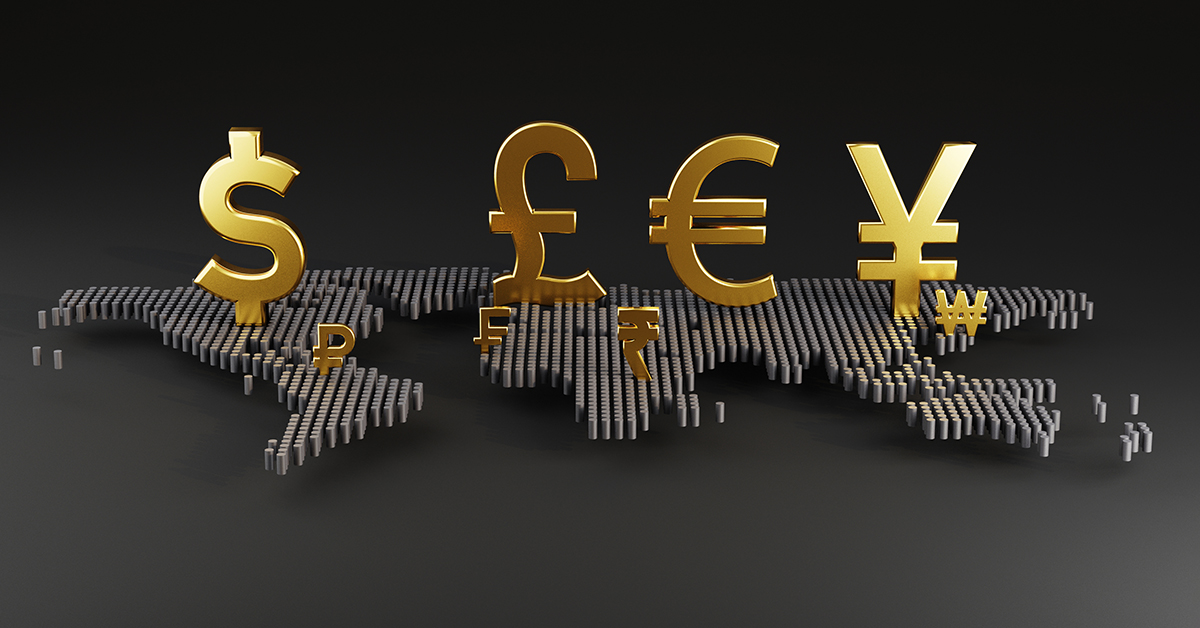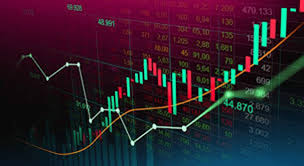
The Importance of Forex Trading License in the Modern Trading Landscape
In the rapidly evolving world of finance, forex trading license trading-cambodia.com forex trading is becoming increasingly popular among individuals and institutions. With the allure of complex algorithms, instant transactions, and vast profit potential, it’s no wonder that traders are flocking to this dynamic market. However, the complexities surrounding forex trading licenses are often overlooked by new traders, yet they hold significant implications for both traders and brokers alike. In this article, we will delve into the role of forex trading licenses, the steps to obtain one, and the impact it has on the marketplace.
What is a Forex Trading License?
A forex trading license is an official authorization that allows a company or an individual to operate as a forex broker or trading entity legally. The world of forex is heavily regulated by various governmental bodies to ensure transparency, uphold ethical standards, and protect traders’ interests. These licensing bodies are often national or international regulatory authorities that enforce specific guidelines and requirements for forex trading companies.
Types of Forex Trading Licenses
Forex trading licenses can vary significantly depending on the region and the regulatory authority governing the license. Here are some of the most recognized types of forex trading licenses:
- United Kingdom – FCA License: The Financial Conduct Authority (FCA) is one of the most respected financial regulators in the world. Obtaining an FCA license is often considered a benchmark for forex brokers, as it guarantees that the broker adheres to stringent guidelines.
- United States – NFA and CFTC: In the U.S., brokers must register with the National Futures Association (NFA) and comply with regulations set forth by the Commodity Futures Trading Commission (CFTC). This ensures high levels of protection for retail traders.
- Cyprus – CySEC License: The Cyprus Securities and Exchange Commission (CySEC) has become a popular regulatory body due to its relatively simple licensing process and favorable tax regimes for Forex brokers.
- Australia – ASIC License: The Australian Securities and Investments Commission (ASIC) is a well-regarded regulatory authority that offers a safe operating environment for forex brokers while also protecting traders.
- Offshore Licenses: Some brokers opt for licenses from offshore jurisdictions (e.g., Seychelles, Belize) due to lower regulation levels. While this can mean lower costs for brokers, it may come with inherent risks for traders.
Why is a Forex Trading License Important?
Understanding the significance of a forex trading license is crucial for both brokers and traders. Here are several reasons why a trading license should be a primary concern:
1. Legitimacy and Trust
Having a forex trading license helps establish a broker’s legitimacy. It assures traders that they are dealing with a reputable and compliant entity. This trust can lead to a more successful trading environment since clients are more likely to invest with a broker that is regulated by a recognized authority.
2. Regulatory Compliance
Licensing authorities enforce strict regulations that brokers must comply with to maintain their operating license. These regulations often include requirements for financial reporting, operational transparency, and ethical trading practices. Traders can rest easier knowing that their broker is adhering to these standards.
3. Competitive Advantage
Brokers that obtain a respected trading license often enjoy a competitive advantage over unlicensed brokers. This reputation can attract more clients, leading to higher trading volumes and ultimately, greater profitability.
4. Legal Protections
Licensed forex brokers are usually subject to specific legal obligations that protect traders. These can include measures such as segregated accounts, which ensure that traders’ funds are kept separate from the broker’s operational funds, as well as compensation schemes in case of broker insolvency.

The Process of Obtaining a Forex Trading License
For aspiring forex brokers, obtaining a trading license can be a rigorous process. Here are the general steps involved:
1. Research Regulatory Requirements
Each regulatory authority has its own set of requirements. Conduct thorough research to understand the obligations you will need to meet, such as minimum capital requirements, compliance processes, and operational guidelines.
2. Prepare Necessary Documentation
You’ll need to prepare a variety of documents, which may include: business plans, financial forecasts, details of your trading platform, compliance procedures, and proof of financial stability.
3. Submit an Application
Once you have all documentation in order, submit your application to the relevant authority. Be prepared for a lengthy evaluation process, during which the authority will assess your qualifications and business practices.
4. Undergo an Audit
In most cases, you will be required to undergo an audit to verify that your operations comply with the regulatory framework in place. This may involve financial audits, technology assessments, and operational reviews.
5. Pay Application Fees
Most regulatory bodies require an application fee to cover the cost of reviewing your request. These fees can vary significantly depending on the type and location of the license.
6. Await Approval
After completing all the necessary steps, you may have to wait for several weeks or months for your application to be evaluated. If approved, you will receive your trading license.
Challenges in Obtaining a Forex Trading License
While obtaining a forex trading license is essential, it can be fraught with challenges:
- High Cost: The cost involved in obtaining a license can be prohibitive for smaller brokers.
- Complex Regulations: Understanding and adhering to complex regulatory frameworks can be complicated, especially for those new to the industry.
- Delayed Processing: The application process can take an extended period, leading to frustration for new entrants in the market.
Conclusion
In conclusion, a forex trading license is more than just a piece of paper; it is a critical component of operating in the forex market. For traders, it signifies trust, security, and regulatory compliance, while for brokers, it is essential for establishing a reputable and successful trading business. As the forex trading landscape continues to grow, understanding the importance of licensing will be vital for all participants within this fast-paced environment. Whether you are a seasoned trader or a budding broker, recognizing the value of a forex trading license will equip you for long-term success.
